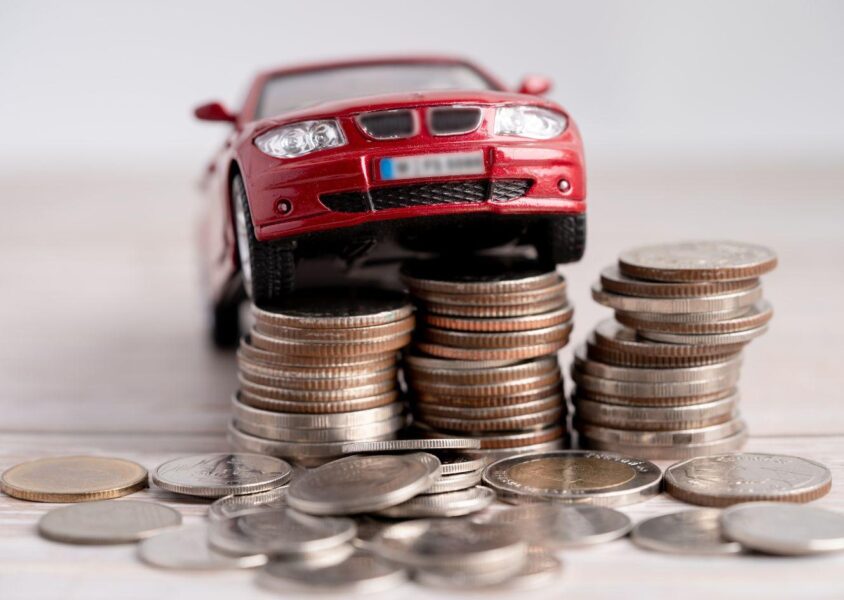The Long-Term Cost of Your Car

The long-term costs of owning and operating a car can vary significantly depending on a number of factors, including the make and model of the vehicle, the age of the car, and how it is driven and maintained. In general, some factors that can contribute to higher long-term costs include:
High repair and maintenance costs: Some car brands and models are known to have higher repair and maintenance costs than others. For example, luxury vehicles and sports cars may have more expensive parts and require more frequent maintenance, such as oil changes and brake repairs.
Poor fuel efficiency: Cars that have poor fuel efficiency tend to be more expensive to operate over the long term due to the higher cost of gasoline.
Depreciation: All cars depreciate in value over time, but some models depreciate more quickly than others. If a car has a high rate of depreciation, it may be worth less when you go to sell it or trade it in, resulting in a lower resale value.
Insurance costs: Insurance premiums can vary significantly depending on the make and model of the car, as well as the driver’s age, location, and driving record. Some cars are more expensive to insure due to their higher repair and replacement costs, as well as their potential for being involved in accidents or thefts.
In general, EVs can be more cost-effective to own and operate over the long term in some cases, but not always. Here are a few factors to consider:
Initial purchase price: In many cases, EVs tend to have a higher upfront purchase price compared to gas-powered cars. However, this gap is narrowing as the price of EVs continues to decline, and in some cases, EVs may be cheaper to buy upfront than gas-powered cars.
Fuel costs: One of the biggest advantages of EVs is that they are cheaper to fuel than gas-powered cars. Electricity is generally cheaper than gasoline, and because EVs are more efficient, they use less energy to travel the same distance. As a result, the long-term fuel costs of an EV can be significantly lower than a gas-powered car.
Maintenance costs: EVs have fewer moving parts than gas-powered cars, so they may require less maintenance and have lower repair costs. This can be a significant advantage over the long term.
Depreciation: All cars depreciate in value over time, but the rate of depreciation can vary significantly depending on the make and model. Some EVs may depreciate more quickly than gas-powered cars, while others may hold their value better.